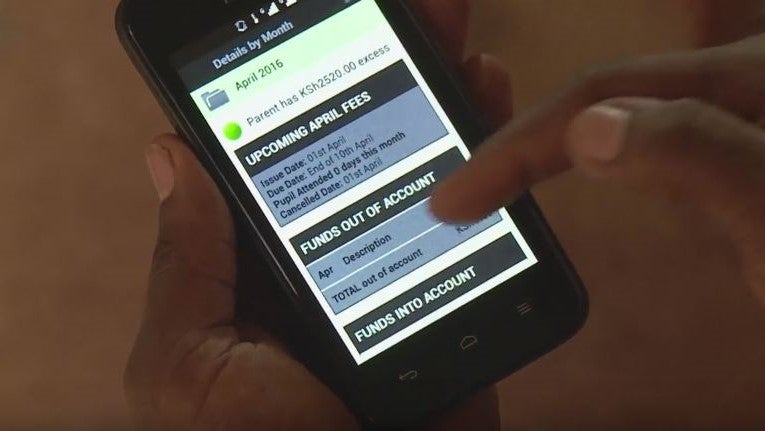
3-1-0 Three minutes to complete the online loan application, one second for approval and with zero human touch for SME loans. This is the marketing slogan used by Ant Financial, one of China’s largest online lenders with more than 400 million active users.
Digital finance is a cost-effective route to financial inclusion for many unbanked and underserved consumers in emerging markets. But digital finance is also still developing and maturing, with many open questions on the impact it will have. One of the most important of these is whether digital finance will ultimately help consumers to make better financial decisions over time.
October 31 is World Savings Day, a day which emphasizes the importance of savings to economic development, and provides a good occasion to look at how fintech may help solve the challenge of savings.
World Savings Day is backed by The World Savings and Retail Banking Institute and The European Savings and Retail Banking Group (WSBI-ESBG).
Research from behavioral economics tells us that people demonstrate present bias - they assign a discount to enjoyment in the future, and are more likely to spend than to save. As credit is increasingly available almost instantaneously, how will this impact consumer decisions on how to manage money and plan for the future?
Dan Ariely, James B. Duke Professor of Psychology and Behavioral Economics at Duke University and a founding member of the Center for Advanced Hindsight is studying fintech solutions to increase the financial well-being of low-income people. The firms he is working with include innovators like Qapital, which seek to improve the financial decisions that consumers make and increase savings, leveraging insights from behavioral economics.
There is reason to believe that digital savings products have huge potential, especially in developing economies, where people continue to rely on savings in informal sectors. Studies have shown that digital money improves savings outcomes. Recent research from Mozambique indicates, for example, that a mobile savings account protected farmers from network or social pressure to share resources, and increased funds available for farming inputs that could improve crop yields.
Digital savings may also help to empower women entrepreneurs. Research in Tanzania jointly done by Center for Global Development and the World Bank Africa Gender Innovation Lab tests if access to a new mobile savings technology on its own can improve women’s business profits. The baseline data look encouraging.
Another important consideration is how to imbed a deep understanding of consumers’ reaction to products into the design of saving and credit products themselves, so as to generate the most socially desirable purchasing behaviors. The Center for Effective Global Action in the University of California Berkeley is researching the optimal product design and promotion package to increase savings in Guatemala.
Will digital finance contribute to increased savings, especially among low income consumers and those consumers whose first formal financial account is a digital one? What policies, in both the public and private sector, are necessary to create a balanced offer of digital financial services? These questions are among the most important to study in the coming years, to ensure that the potential impact on both poverty reduction and growth from digital finance is fully realized.
Both Ant Financial and WSBI-ESBG are World Bank Group partners for the Universal Financial Access by 2020 (UFA2020) initiative.


Join the Conversation